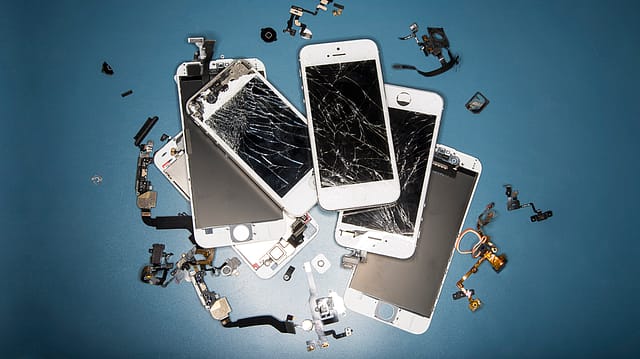‘Delhiites most aware of e-waste, biggest hoarders’
ADVERTISEMENT

Delhi scored the highest in e-waste awareness among Indian cities, followed by Bangalore and Hyderabad, revealed a new study conducted by e-waste management company Cerebra Green and the Manufacturers Association of Information and Technology (MAIT).
According to the study, which was released on Wednesday, about 90% of people surveyed in Delhi were aware about e-waste and the necessity to use special measures to dispose it off. However, the capital was also found to be the biggest hoarder of e-waste, according to the study. “One out of four Delhiites tend to hoard and not properly dispose off their electronic devices,” it said.
While 26% of Delhiites hoard unusable devices for up to five years, only 14% of people living in Chennai and 12% of Kolkata residents agreed to own e-waste.
“E-waste awareness in the country is paramount and the results of the survey indicate that citizens are already moving towards this awareness quickly. We will continue to build in-depth knowledge among Indians and other stakeholders around e-waste management,” said V Ranganathan, managing director and founder of Cerebra Green's parent company, Cerebra Integrated Technologies.
According to Cerebra Green, around 82% of the participants in the study have never disposed off their white goods like refrigerators, air conditioners, or microwaves through a local waste collector, while 18% of respondents replied in the affirmative.
“While 80% of Indians are cognizant of the meaning of e-waste and the necessity to use special measures to dispose it off, the same people tend to dispose e-waste through incorrect means due to a lack of alternative avenues,” the study said.
People largely prefer to dispose off their e-waste through online exchange at the time of a new purchase or would give it to the local electronic vendor, the survey said, adding that 72% of the participants said that the waste collectors in their area did not collect e-waste.
The results of the study have prompted independent manufacturing associations like MAIT and Cerebra and the ministries of electronics and information technology, and environment, forests and climate change to launch the ‘India Cleanup Week’ in the second week of October—targeted at the proper disposal of e-waste.
India produced 2 million metric tonnes of e-waste in 2016, which is expected to grow to 3 million metric tonnes in 2018, according to Assocham.